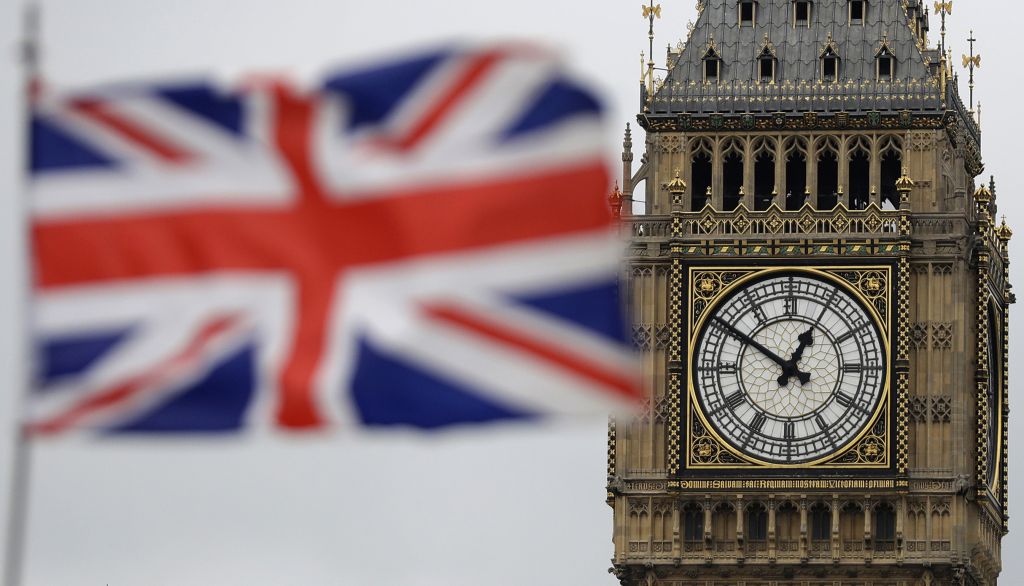Cash App Exits UK, Kraken and Strike BTC Enter Market
18.07.2024 23:24 1 min. read Alexander Stefanov
Jack Dorsey's decision to suspend Cash App services in the United Kingdom after six years of operation underscores regulatory challenges faced by the Bitcoin-friendly platform.
Launched in 2013 under Dorsey’s Block Inc., Cash App expanded to the UK in 2018 as its first international market.
However, regulatory hurdles mounted over time. In 2022, the Consumer Financial Protection Bureau (CFPB) initiated legal action against Block Inc., citing concerns about Cash App’s handling of complaints. Despite repeated requests for information, the firm reportedly failed to comply fully with CFPB’s inquiries.
Additional scrutiny from US financial regulators in February further strained operations, prompting Block Inc. to refocus on its domestic market. This shift in strategy includes deprioritizing global expansions, including operations in the UK.
READ MORE:

American Company Bets Against Trump Media Day Before the Assassination Attempt – Coincidence?
Concurrently, Kraken has launched its Custody service in the UK, aiming to cater to institutional investors seeking secure management of crypto assets. Meanwhile, Jack Mallers’ Strike BTC service has also debuted, facilitating free and instant Bitcoin purchases from UK bank accounts.
The exit of Cash App from the UK, coupled with the entry of Kraken Custody and Strike BTC, reflects diverse business strategies amid regulatory landscapes in different regions.
-
1
Weekly Recap: Key Shifts and Milestones Across the Crypto Ecosystem
06.07.2025 17:00 4 min. read -
2
Trump Imposes 50% Tariff on Brazil: Political Tensions and Censorship at the Center
10.07.2025 7:00 2 min. read -
3
Key Crypto Events to Watch in the Next Months
20.07.2025 22:00 2 min. read -
4
USA Imposes Tariffs on Multiple Countries: How the Crypto Market Could React
08.07.2025 8:30 2 min. read -
5
UAE Regulators Dismiss Toncoin Residency Rumors
07.07.2025 11:12 2 min. read
Winklevoss Slams JPMorgan for Blocking Gemini’s Banking Access
Tyler Winklevoss, co-founder of crypto exchange Gemini, has accused JPMorgan of retaliating against the platform by freezing its effort to restore banking services.
Robert Kiyosaki Warns: ETFs Aren’t The Real Thing
Renowned author and financial educator Robert Kiyosaki has issued a word of caution to everyday investors relying too heavily on exchange-traded funds (ETFs).
Bitwise CIO: The Four-Year Crypto Cycle is Breaking Down
The classic four-year crypto market cycle—long driven by Bitcoin halvings and boom-bust investor behavior—is losing relevance, according to Bitwise CIO Matt Hougan.
Strategy to Raise Another $2.47 Billion for Bitcoin Acquisition
Strategy the company formerly known as MicroStrategy, has announced the pricing of a new $2.47 billion capital raise through its initial public offering of Variable Rate Series A Perpetual Stretch Preferred Stock (STRC).
-
1
Weekly Recap: Key Shifts and Milestones Across the Crypto Ecosystem
06.07.2025 17:00 4 min. read -
2
Trump Imposes 50% Tariff on Brazil: Political Tensions and Censorship at the Center
10.07.2025 7:00 2 min. read -
3
Key Crypto Events to Watch in the Next Months
20.07.2025 22:00 2 min. read -
4
USA Imposes Tariffs on Multiple Countries: How the Crypto Market Could React
08.07.2025 8:30 2 min. read -
5
UAE Regulators Dismiss Toncoin Residency Rumors
07.07.2025 11:12 2 min. read

